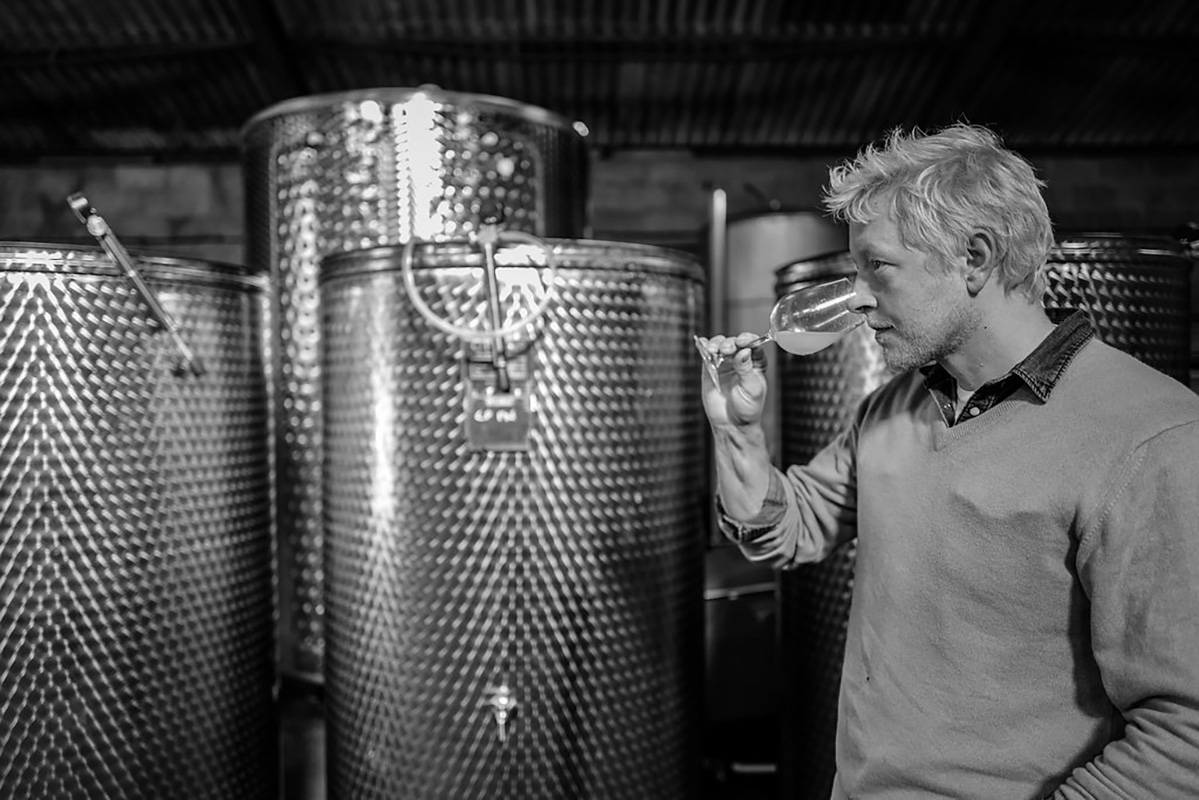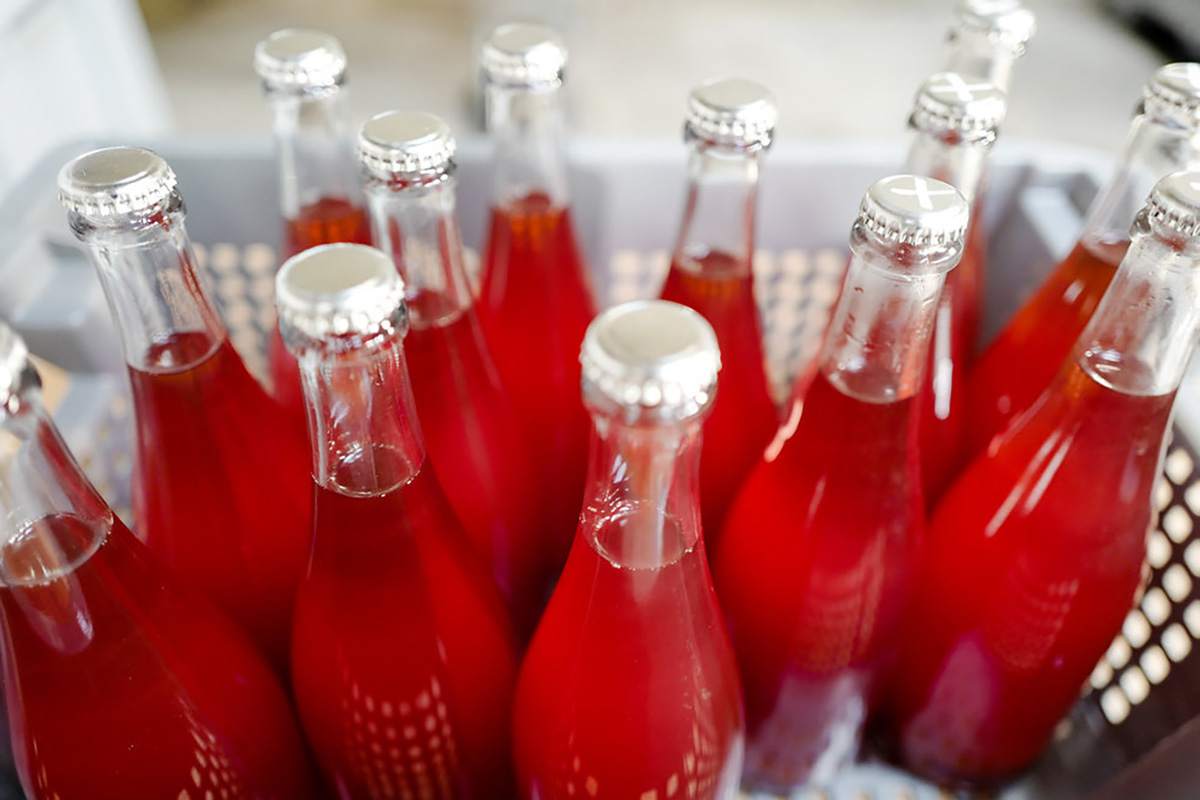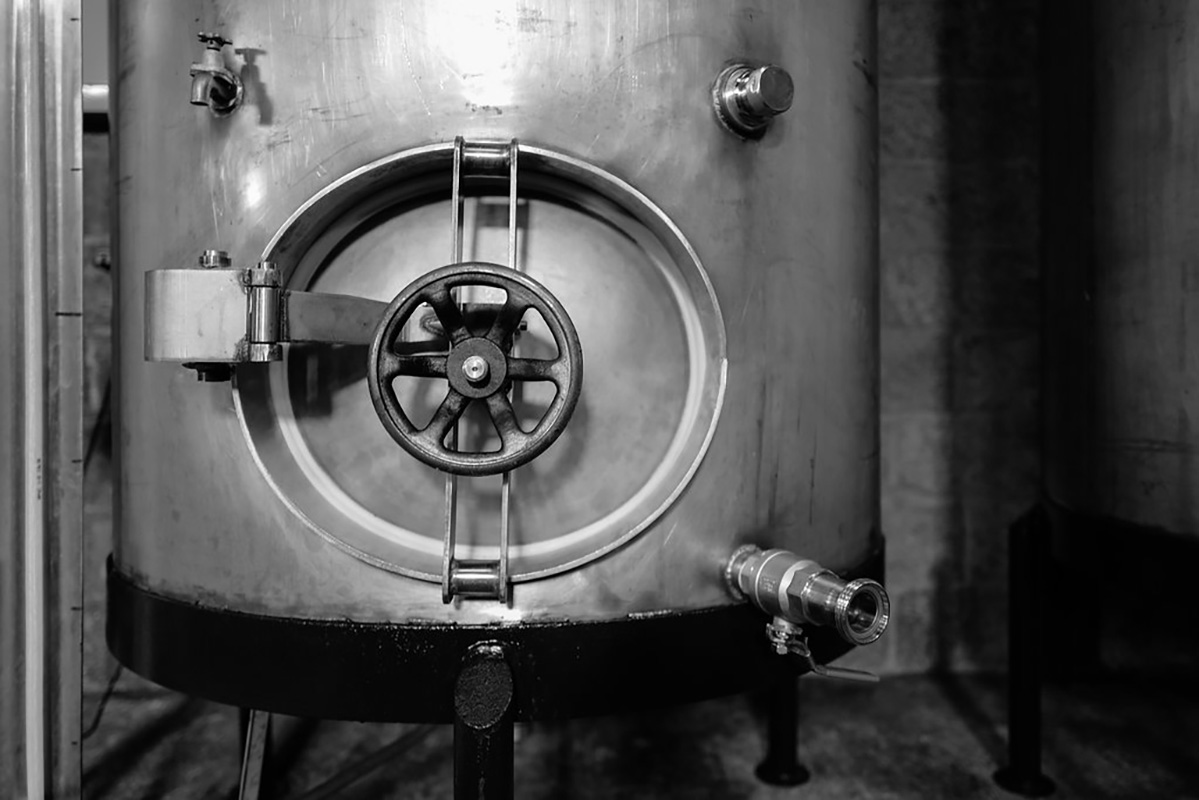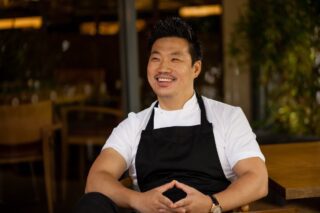This website uses cookies so that we can provide you with the best user experience possible. Cookie information is stored in your browser and performs functions such as recognising you when you return to our website and helping our team to understand which sections of the website you find most interesting and useful.
Ben Walgate on his new organic wine venture and stepping away from the copycat trend
By Michelle Johnson | 14 December 2017 | Food & Drink
Former Gusbourne CEO, Ben Walgate’s investment into natural wine is changing the English landscape

For Ben Walgate, English wine is at a crossroads. His company Tillingham Wines Limited, based in East Sussex, is on the forefront of creating an organic, natural wine venture that will take British vineyards away from what he see as the 'champagne copycat' trend of home grown sparkling wines.
If anyone would know, it's Walgate – he is, after all, the former CEO of one of the UK's best known native sparkling wine vineyards, the Gusbourne Estate, tasked with identifying potential vineyard plots as well as the day to day running of the estate.
Now, his interest in natural wine has led him to breaking out and launching his own company with organic processes at its heart, focusing on an organic farming method that eschews the chemical processes usually found in everything from growing the grapes to bottling the wine. The result? Wines that are full of character and taste – despite their sometimes unusual appearance.
Here, Ben tells us more about his approach to wine making, the trials and triumphs of using English soil, and where the British wine market is headed…
What sparked your interest in natural and organic wines?
I was working in a wine shop while at university, and the wines which really stood out and had that X-factor came from producers who happened to working in this way. Curiosity got the better with me and after flying out to visit some of these guys I was hooked instantly. >>
Related: The perfect pairing: will Luvienz caviar blended champagne be the next big thing?

How does organic wine differ from non-organic wine?
To be honest it's a distinction that is always divisive. There are pro’s and con’s with both organic and non-organic wine. I like the idea of taking the best of ancient practise (wild yeast ferment) with the best of modern scientific understanding (dissolved gases, or inert bottling equipment). What underpins my approach is acknowledging that there is so much that we cannot see, but by working with nature and having a diverse ecosystem, down to the microbial level, ensures that there is balance and great energy in the wines.
What is the process for making your wine?
I suppose my approach varies from the majority in that I eschew the use of sulphur in the early stages of winemaking, also I don’t add any dried yeast to my wine. These steps ensure that we have happy wild ferments: there are thousands of yeasts that exist in the environment of the vineyard, on the grapes and in the winery, if you allow them to, they will all play their own part in the transformation of sugary grape juice into wine. This approach is becoming increasingly common, but isn’t adopted by a lot of mainstream producers.
What were the challenges of setting up your vineyard?
Principally, cash! Growing grapes and making wine is an extraordinarily capital-intensive business with a relatively long payback. Finding the perfect vineyard site, making good wine, all this can be learnt, but it's crucial to have that initial capital. >>
Related: Explore the vintages on offer in M Wine Store's new bar in Victoria

You were previously CEO of Gusbourne Estate – what did you learn from setting up the English wine estate?
I was with that group for six years and it was a fantastic experience. Initially I was responsible for creating the strategy and identifying vineyard plots and had a hand in the winemaking too. In the latter stages, it was more about finance and being a brand ambassador. It has stood me in really good stead for what I am doing now and will always be grateful for being given the chance to run such an ambitious enterprise.
What do you look for in English soil and weather? What kind of grapes thrive here?
Our main challenges in England are spring frosts and inclement weather during flowering in late June. Selecting a site which minimises these risks is really important. I am planting a site which is low in elevation, about three miles from the sea and very sheltered. All these qualities help minimise climatic risk – fingers crossed!
What do you think of the English wine scene? What's next?
At the moment we’re too much of a 'me too’ champagne copycat. We can make amazing wine in England, I believe that passionately. We should be talking about what makes us special and different. We shouldn’t ignore innovative wine styles and most of all we shouldn’t take ourselves too seriously.







